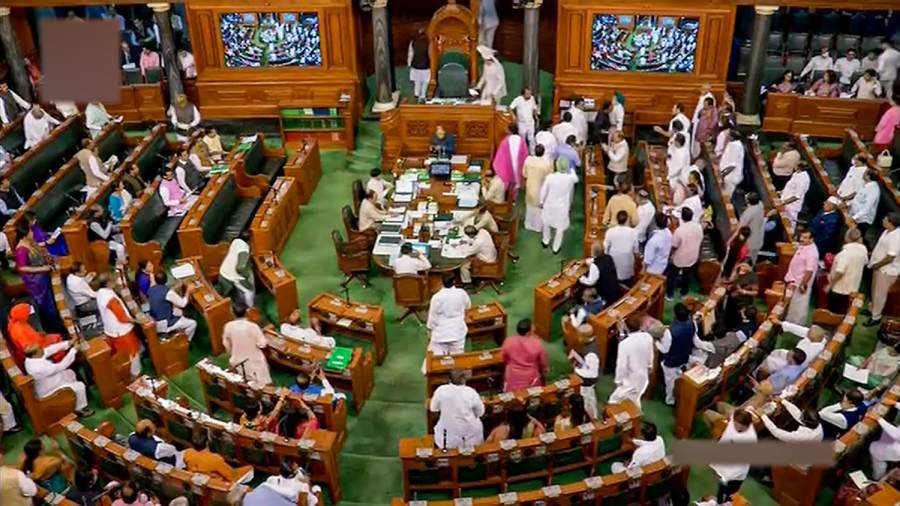
The Rajya Sabha has given its nod to a pivotal bill aimed at facilitating the establishment of Goods and Services Tax (GST) appellate tribunals (GSTAT). This bill, known as the 2023 Central Goods and Services Tax (Second Amendment) Bill, introduces significant changes to the terms of appointment for tribunal members and enforces a minimum age cap of 50 years for both members and presidents of the tribunal.
The approval of the bill occurred amidst the absence of opposition members, who had been suspended in recent days, as Finance Minister Nirmala Sitharaman presented the bill for discussion. The Lok Sabha had previously passed this bill on Tuesday, marking a unified approach towards amending the Central Goods and Services Tax Act, 2017.
The primary focus of the proposed amendments revolves around refining the existing structure of the Central Goods and Services Tax (CGST) Act, 2017, with a specific emphasis on the levy and collection of CGST on intra-state goods and services transactions.
The bill’s key provisions include the establishment of 28 tribunals and a notable expansion of the pool of eligible candidates for judicial appointments to these tribunals. It introduces a provision allowing advocates with a minimum of 10 years of experience, particularly in matters concerning indirect taxation, to serve as judicial members.
Crucially, the bill sets a minimum age requirement of 50 years for the appointment of members or presidents of the tribunal. This move aims to ensure a wealth of experience in pivotal roles within the tribunal system. Additionally, it extends the age limit for the president of the tribunal from 67 to 70 years and for members from 65 to 67 years.
Highlighting the urgency for these amendments, the bill underscores the current absence of GSTAT, which deprives taxpayers of a second appellate remedy. As a result, taxpayers have been compelled to seek relief directly from the High Court, placing undue burdens on them. The bill aims to streamline the process and enhance the efficiency of the GST appellate system.
The passage of this bill signifies a significant step towards optimizing the GST appellate system, aiming to provide a robust mechanism for taxpayers while ensuring a comprehensive and experienced panel within the tribunal structure.
Sources By Agencies

